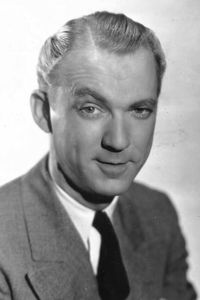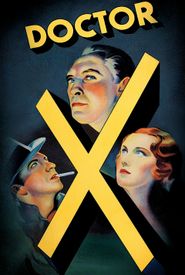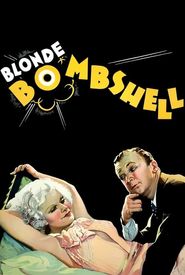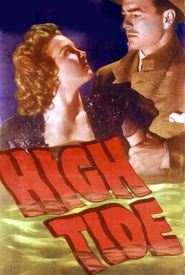Christened William Lee Tracy on April 14, 1898, in Atlanta, the son of a traveling railroad superintendent and a former schoolteacher, Lee Tracy was a fine cinematic representation of the racy and race-paced style of pre-Code Hollywood. Born red-headed and straightforward to the bone, he possessed distinctly adenoidal vocal tones.
Lee Tracy patented with peerless skill the lightning rod timing and machine gun delivery so identified with that period. He would have continued on handsomely in films had severe typecasting, a hair-trigger temper, and an notoriously reckless off-camera life not gotten the best of him.
Tracy's early life saw him attend Western Military Academy in Alton, Illinois, while growing up, and then relocate with his family to upstate New York. He may have studied engineering at Union College in 1918, but he also showed an interest in dramatics and was almost immediately asked to join a theater company upon his graduation.
WWI interrupted his nascent stage career when he joined the army. Following his discharge, he cast aside thoughts of a theater career and instead became a U.S. Treasury agent. Within two years' time, however, he was back via the vaudeville stage and touring stock companies. This all culminated in a most auspicious Broadway debut in "The Showoff" in 1924.
It took but a couple of years for Tracy to achieve certified stardom with the George Abbott production of "Broadway" (1926),in which he played a song-and-dance man, receiving the New York Drama Critics Award for his efforts. In 1928, following more vaudeville work, Lee found his quintessential role in the form of Hildy Johnson, the hustling, fast-talking newspaperman, in Charles MacArthur and Ben Hecht's timeless play "The Front Page".












































